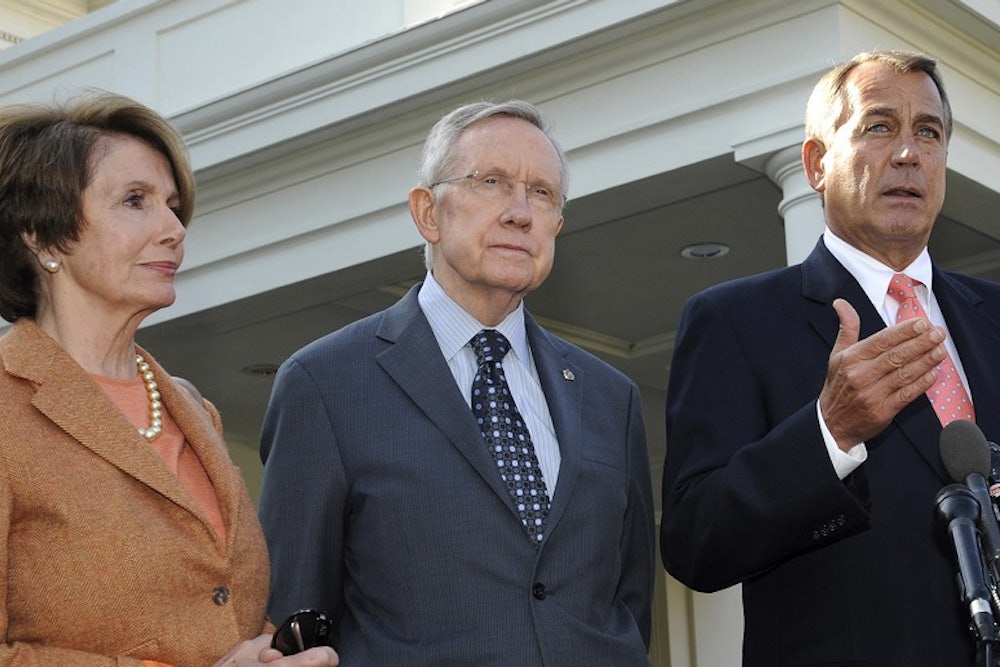You’ve probably heard the criticism before: Congress spends too much time politicking and not enough time legislating. That critique seems very applicable right now. After the August recess, the House spent just nine days in session and the Senate only eight. Both are now back on recess and neither is scheduled to return until after the midterms.
Even Vox’s Ezra Klein—normally a defender of congressmen spending time in their districts—thought this lengthy recess was ridiculous. “[I]t's also part of Congress's job to be in Washington trying to build coalitions and pass legislative solutions to the nation's problems,” he wrote. “And there are plenty of problems right now.”
It’s hard to argue that Congress shouldn’t be doing more to solve these problems. After all, this Congress is on pace to be the least productive ever. But are policymakers taking a longer recess before the midterms than their predecessors did? I looked back on the number of days the House and Senate each spent in session from September 1 to the midterms since 1978.
Turns out, they are working less:
But I noticed something else along the way: the House and Senate are spending a lot longer in session after the midterms in recent years:
In the four post-midterm periods between 1986 and 1998 combined, the House spent just one day in session and the Senate only five. In other words, lame-duck sessions were rare. But that changed starting in 2002 when the House and Senate each spent nine days in session after the midterms. In 2010, the House was in session for 19 days during that period and the Senate was in session for 29 days. In fact, over the past few decades, a trend has emerged with Congress spending fewer days in session before the midterms and more days after them.
Why has this happened? I posed that question to Norman Ornstein, a Congressional scholar at the American Enterprise Institute:
[L]ame duck sessions used to be relatively rare; Congress would finish its work before an election and come back in early January. That was especially true during the long era of Democratic hegemony over Congress. As the permanent campaign took over, competition grew more intense, and the ability to pass legislation grew more difficult, a new pattern emerged: get out of Dodge early to campaign and protect your rear ends, and come back after the election to clean up. Sometimes the lame duck has been out of necessity; the inability to reach agreement on spending bills that run out before the new year. Sometimes it has been tactical-- a majority getting in as much as it can before it is lost or diminished in the new Congress. None of these trends is particularly promising for constructive legislative action.
There you have it: politicians have spent longer campaigning in recent years, but they’ve made up for that lost time after the midterms. That may sound like a fair tradeoff, but legislating is notoriously more difficult during lame-duck sessions when many Congressmen will be leaving Washington in just a few months. So, overall, it's not a good trend. And based on this year, it's only getting worse.
